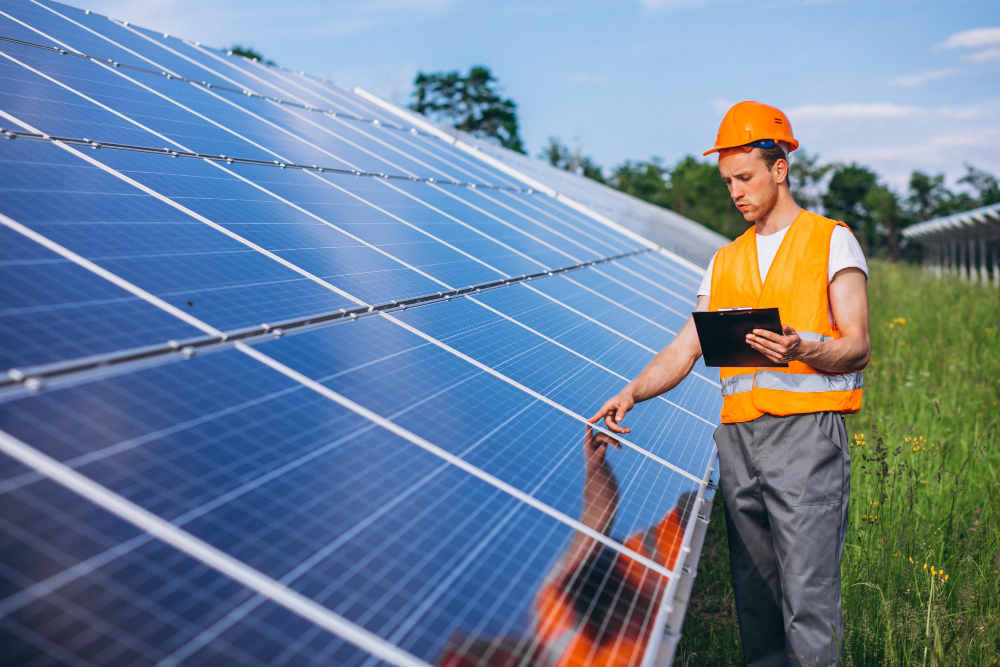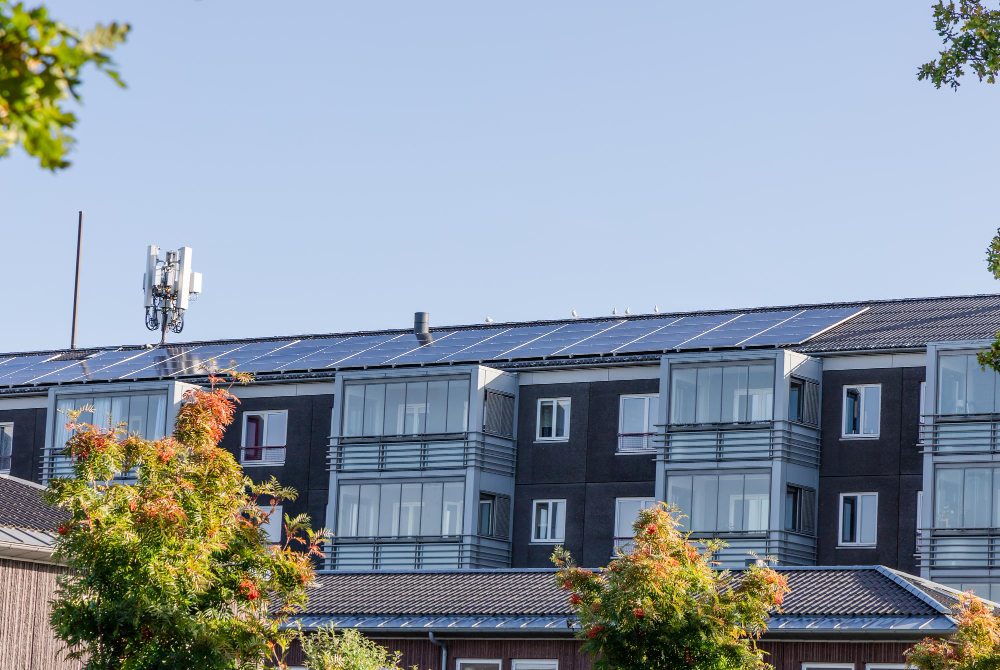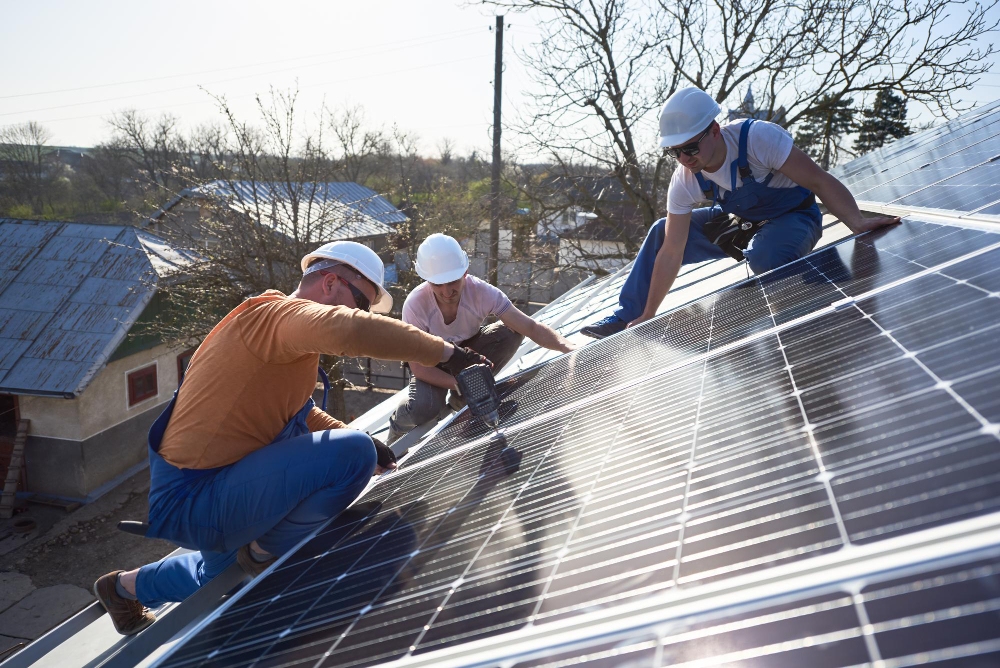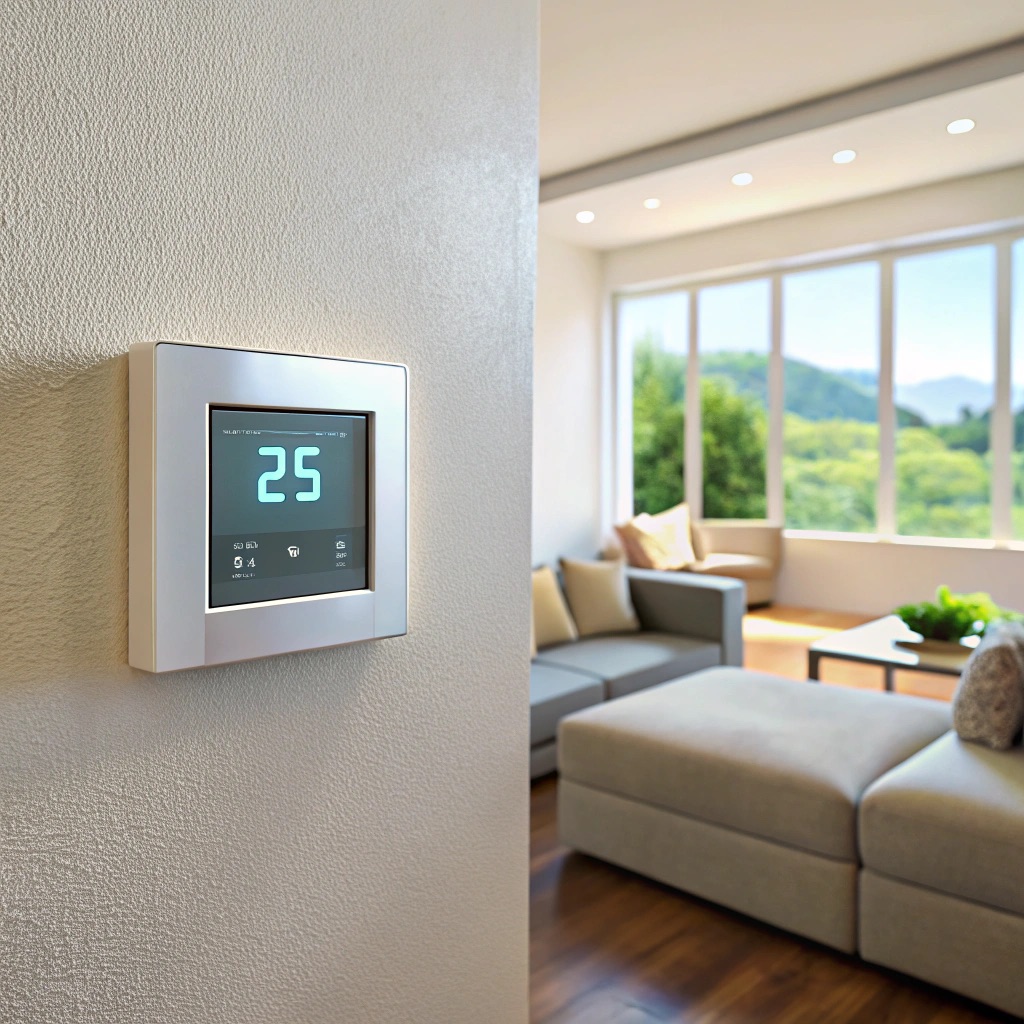Last updated on
Making the switch to solar energy can be a great way to save money, reduce your carbon footprint, and show your commitment to sustainability. But it’s also important to consider all of the information you need before investing in solar panels for your home or business.
Whether you are just starting out with researching solar energy or are ready to take steps towards going green, this post will help you understand all of the basics about solar energy as well as get you up-to-date on everything from how solar works to what equipment is needed for installation, so that you can make sure switching over is right for you.
What's Inside
Understanding the Basics of Solar Energy

Understanding the basics of solar energy is crucial before making the decision to switch over. There are two main types of solar energy: photovoltaic (PV) and thermal. PV systems use panels to convert sunlight into electricity, while thermal systems use sunlight to heat water or air for use in a building’s heating system.
Both types have their own unique benefits – PV systems require less maintenance and can be used in any climate, while thermal systems are more efficient in colder regions. In terms of cost, solar energy has become increasingly affordable over the years due to advancements in technology and government incentives.
In fact, according to the Solar Energy Industries Association, the cost of solar panels has dropped by 70% since 2010. Additionally, solar energy has the potential to save homeowners and businesses thousands of dollars in electricity bills over the lifetime of their solar panel system.
These are just some of the many facts about solar energy that make it a smart and sustainable choice for anyone looking to reduce their carbon footprint and save money on energy costs. Furthermore, understanding the basics of solar energy can also help individuals determine which type of system is best for their specific needs and location.
Government Incentives for Going Solar

Aside from the obvious benefits of cost savings and sustainability, there are also government incentives available for those looking to switch to solar energy. These incentives can come in the form of tax credits, rebates, and other financial assistance programs at both the federal and state levels.
For example, the federal Investment Tax Credit (ITC) allows individuals or businesses who install solar panels to deduct 26% of the cost of their solar energy system from their taxes. Additionally, many states offer their own incentives such as rebates or net metering programs, which allow individuals to earn credits for excess energy produced by their solar panels.
These government incentives not only help make the initial investment in solar more affordable, but they also provide ongoing benefits that can continue to save individuals money in the long run.
Selecting the Right Solar Panel System for Your Home or Business

When it comes to selecting the right solar panel system for your home or business, there are a few key factors to consider. First and foremost, you’ll need to determine how much energy you use on a daily basis in order to calculate the size of the system you will need.
You should also consider the location and orientation of your property – south-facing roofs tend to have the highest solar potential, but other factors such as shading and roof material should also be taken into account.
Additionally, it’s important to research different solar panel manufacturers and their warranties to ensure you are choosing high-quality panels that will last. Consulting with a reputable solar installer can also help guide you in selecting the right system for your specific needs and budget.
Where to Find Professional Help Installing a Solar System

If you’re considering installing a solar panel system for your home or business, seek professional help from a reputable installer. Many solar companies offer free consultations and can provide valuable guidance in selecting the right system for your needs as well as handling all of the necessary paperwork and permits.
It’s also important to do your own research and read reviews to ensure you are working with a trusted and experienced company. By seeking professional help, you can ensure that your solar panel system is installed correctly and efficiently, maximizing its effectiveness and lifespan.
Tips on Maintaining Your Solar System
Once your solar panel system is installed, properly maintain it in order to ensure its longevity and efficiency. Some key tips for maintaining your solar system include regularly cleaning the panels to remove any debris or buildup that can impact their performance.
It’s also important to monitor the system’s output and check for any signs of damage or malfunction. In addition, keeping an eye on the weather and potential hazards such as fallen branches or extreme weather conditions can help prevent any damage to your system.
It’s also recommended to have a professional inspection every few years to ensure all components are functioning properly.
Powering Your Home with Renewable Energy Sources
Switching to solar energy is just one way to power your home with renewable energy sources. There are many other options available, such as wind turbines, hydroelectric power, and biomass energy. Each of these sources harnesses natural elements to generate clean and sustainable electricity for homes and businesses.
By diversifying your renewable energy sources, you can further reduce your carbon footprint and potentially save even more on energy costs. Furthermore, many states have programs in place to encourage the use of renewable energy sources and may offer incentives for those who incorporate multiple sources into their energy production.
It’s important to research and consider all available options when making the switch to renewable energy in order to find the best fit for your specific needs and location.
Solar energy is a highly efficient, cost-effective, and sustainable option for powering buildings. Its many benefits include significant cost savings, government incentives, and the ability to customize systems based on individual needs and location.
Seeking professional help in selecting and maintaining a solar panel system can ensure its effectiveness and longevity. And while solar energy is a popular choice, there are also other renewable energy sources available to further reduce carbon footprint and potentially save even more on energy costs.
With the growing interest in sustainable practices, it’s clear that solar energy is a smart and responsible choice for powering homes and businesses.




